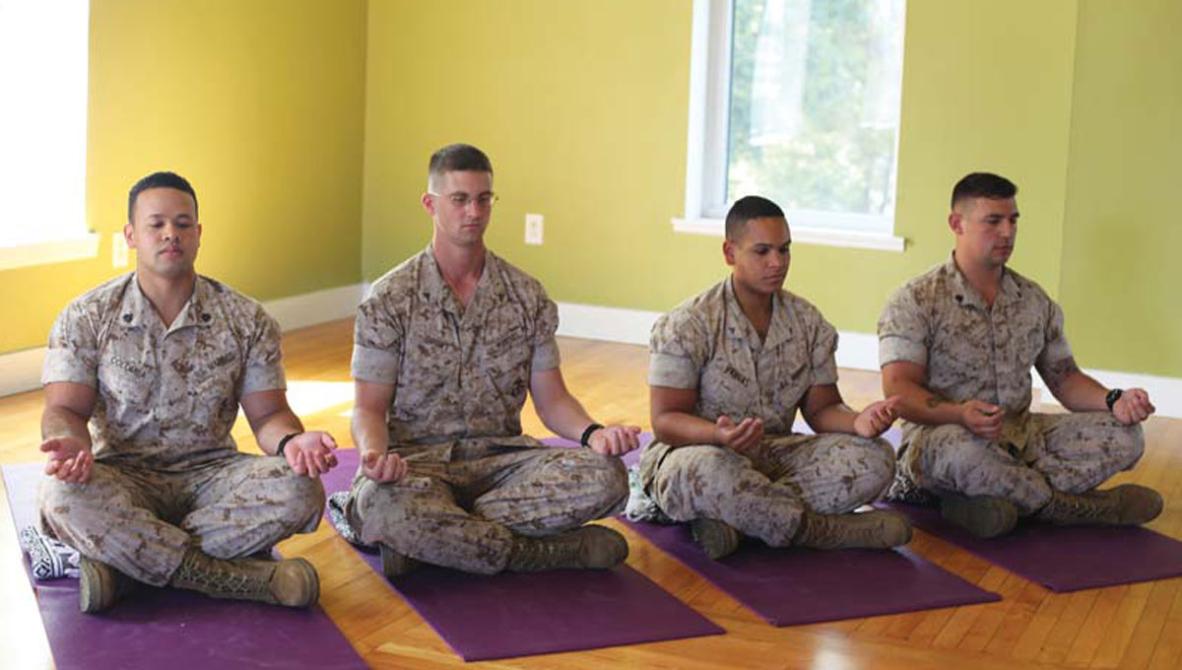Dispelling Common Misconceptions About Meditation Retreats
Meditation retreats have gained popularity in recent years as individuals seek inner peace, mindfulness, and personal growth. However, misconceptions and misunderstandings often surround these retreats, deterring potential participants from experiencing their transformative benefits. This article aims to dispel some common misconceptions and shed light on the true nature and value of meditation retreats.

Common Misconceptions:
Misconception 1: Meditation Retreats are Only for Experienced Meditators.
This misconception assumes that meditation retreats are exclusive to advanced practitioners with years of experience. However, the reality is quite different. Meditation retreats are designed to accommodate individuals of all levels, from beginners to experienced meditators.
- Many retreats offer introductory programs specifically tailored for those new to meditation, providing a supportive and nurturing environment for learning the basics.
- Experienced meditators can also benefit from retreats by deepening their practice, exploring advanced techniques, and receiving guidance from experienced teachers.
Misconception 2: Meditation Retreats are Boring and Monotonous.
This misconception stems from the assumption that meditation retreats involve sitting in silence for hours on end, which can be perceived as dull and repetitive. However, the truth is that meditation retreats offer a diverse range of activities and practices.
- Retreats typically include guided meditations, mindfulness exercises, yoga sessions, nature walks, and group discussions, creating a dynamic and engaging experience.
- The schedule is often structured to provide a balance between periods of meditation and other activities, ensuring a holistic approach to personal growth.
Misconception 3: Meditation Retreats Require Complete Silence.
While silence is often an integral part of meditation retreats, it is not always a requirement. Different types of retreats have varying approaches to silence.
- Some retreats may enforce a strict vow of silence, while others allow for limited communication during designated times.
- The purpose of silence in retreats is to create a conducive environment for introspection, self-awareness, and inner transformation.
- Silence can help participants focus on their inner experiences, reduce distractions, and cultivate a deeper connection with themselves.
Misconception 4: Meditation Retreats are Expensive and Inaccessible.

This misconception often deters individuals from considering meditation retreats due to perceived financial barriers. However, there are affordable and accessible retreat options available.
- Many retreat centers offer sliding scale fees or scholarships to make retreats more accessible to individuals with limited financial resources.
- Some retreats are offered at no cost or on a donation basis, making them available to a wider range of participants.
- The long-term benefits of a meditation retreat, such as improved mental and emotional well-being, can outweigh the initial financial investment.
Misconception 5: Meditation Retreats are Only for Spiritual or Religious People.
This misconception limits the appeal of meditation retreats to individuals with specific religious or spiritual beliefs. However, meditation retreats are open to people of all backgrounds and beliefs.
- Many retreats focus on secular mindfulness practices that are accessible to individuals of all faiths or those with no religious affiliation.
- Meditation retreats can provide a space for personal growth, self-discovery, and inner transformation, regardless of one's religious or spiritual beliefs.
Benefits Of Meditation Retreats:
- Reduced Stress and Anxiety: Meditation retreats can help participants manage stress, reduce anxiety levels, and promote inner calm.
- Improved Mental Clarity and Focus: Retreats provide an opportunity to cultivate mindfulness, leading to enhanced mental clarity, focus, and concentration.
- Increased Self-Awareness: Through introspection and self-reflection, participants can gain a deeper understanding of their thoughts, emotions, and behaviors.
- Enhanced Emotional Well-being: Meditation retreats can help participants develop emotional resilience, compassion, and a more positive outlook on life.
- Promoted Physical Health: Regular meditation has been linked to improved physical health, including reduced blood pressure, better sleep, and enhanced immune function.

Meditation retreats offer a transformative experience that can positively impact mental, emotional, and physical well-being. By dispelling common misconceptions and providing accurate information, individuals can make informed decisions about participating in a meditation retreat and embark on a journey of self-discovery and personal growth.
YesNo

Leave a Reply